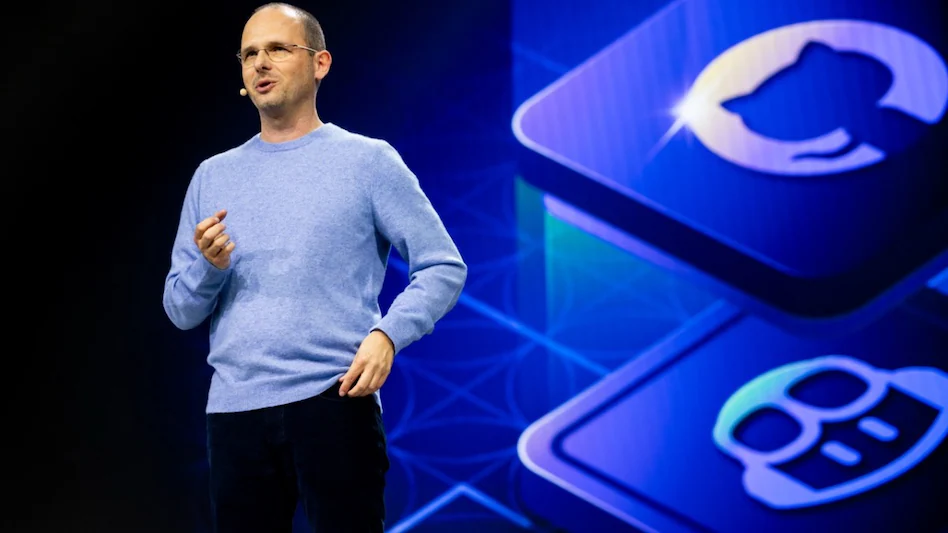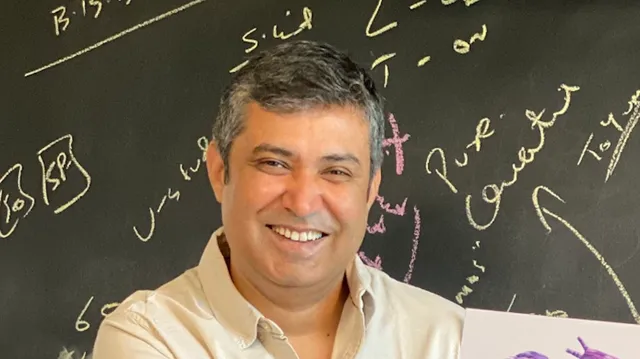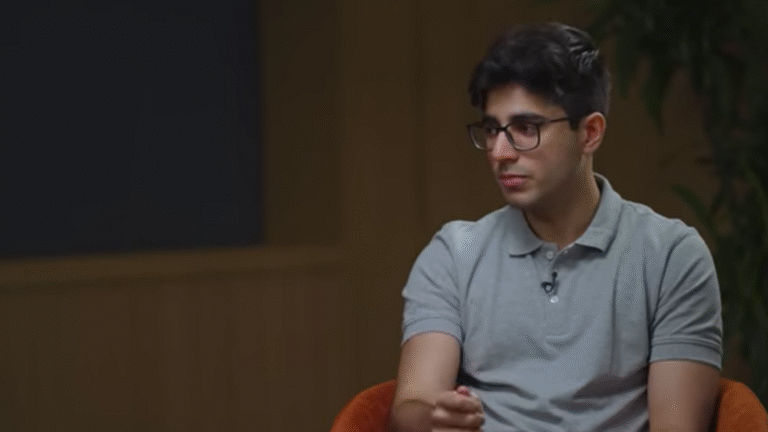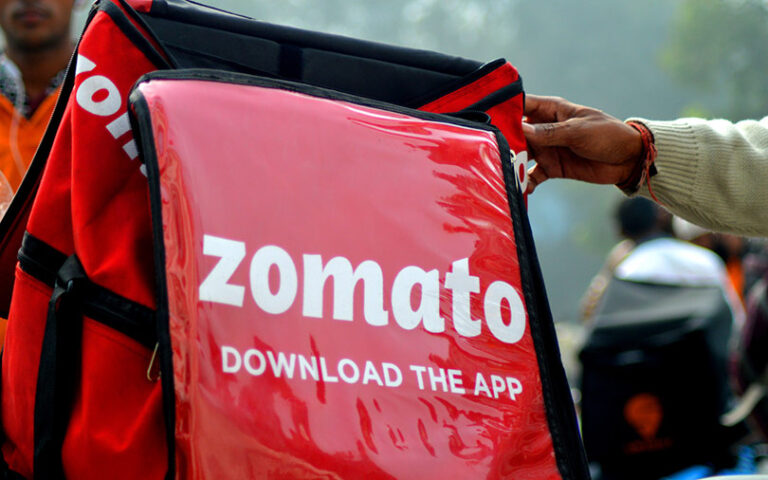
In an era more and more driven by software and artificial intelligence, programming is no longer merely a job skill — it’s a basic literacy. GitHub CEO Thomas Dohmke recently made waves by urging parents and teachers to make programming as fundamental as reading, math, and science.
Spilling words about the changing technology landscape, Dohmke stressed that kids need to be exposed to coding early, not just to remain relevant in the jobs of tomorrow but to be creators, not consumers, of technology.
“Just like we’re teaching children science and math, we should be teaching them to code,” added Dohmke.
He pointed out the way that the use of AI in software development is evening the playing field. What once took large, well-funded development teams to accomplish can now be achieved by smaller teams or even individual developers, with the help of powerful tools such as GitHub Copilot — an AI pair programmer that helps write code.
AI: A Democratizing Force in Tech
AI is revolutionizing the way software is developed. From repetitive work automation to code suggestions in real time, AI tools are helping developers create faster and smarter. For Dohmke, this change is that children learning to code today will be equipped to create influential technology tomorrow — even without a computer science degree.
He positioned AI not as a threat, but as an enabler. “AI is democratizing software development,” Dohmke said. “It’s providing more individuals with the power to address real-world issues using code.”
Balancing Opportunity and Concern
While there’s enthusiasm for what AI can do, there are also legitimate concerns regarding job displacement. Dohmke admitted that some jobs might change or cease to exist, but emphasized the need for ongoing learning and flexibility.
“Being a developer today means committing to lifelong learning,” he said. “AI won’t replace developers — but developers who use AI will replace those who don’t.”
A Call to Action for Parents and Schools
Dohmke’s message is clear: prepare the next generation now. By embedding coding into early education, we’re equipping children with the tools to navigate and shape the future.
Parents needn’t be programmers themselves to assist. Free or affordable resources abound online, ranging from block-based environments such as Scratch to Python lessons specifically designed for beginners.
Final Thoughts
The future is for the curious and the competent. As the boundaries between human ingenuity and machine power become increasingly indistinct, learning to code isn’t nice-to-have — it’s necessary. If GitHub CEO Chris Wanstrath has his way, coding will be as ubiquitous in classrooms as math worksheets and science labs.




